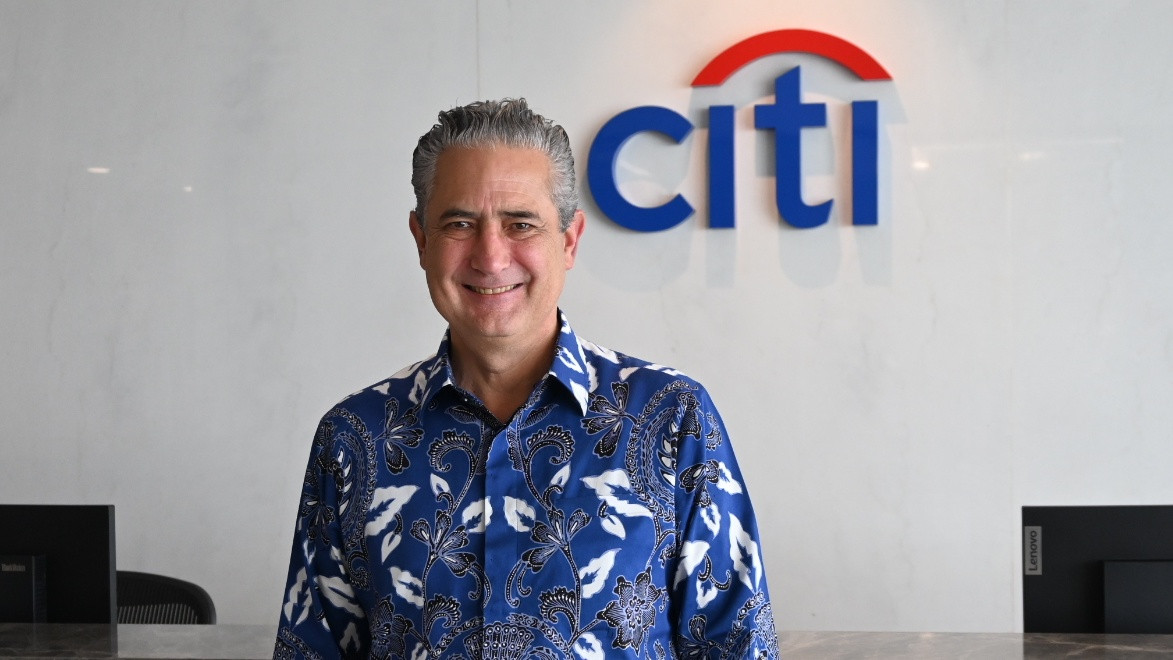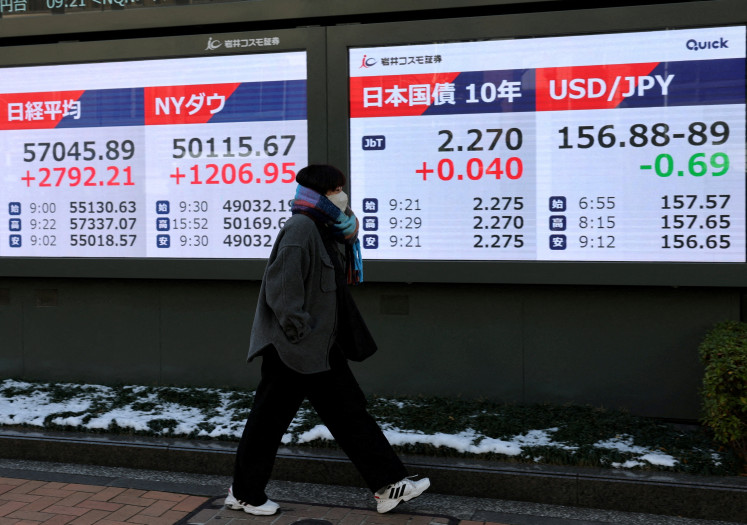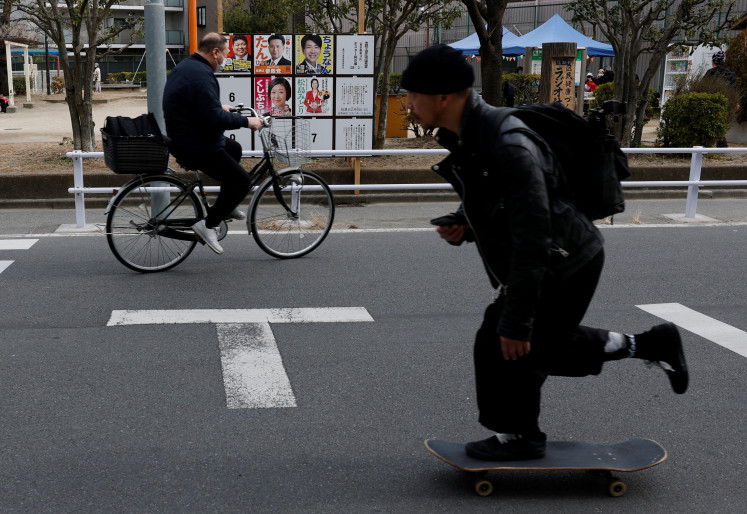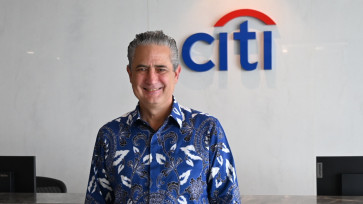Popular Reads
Top Results
Can't find what you're looking for?
View all search resultsPopular Reads
Top Results
Can't find what you're looking for?
View all search resultsExecutive Column: Keep markets open to increase FDI, Citi says
Citi’s head of international Ernesto Torres Cantú shared his views on how Indonesia could navigate global trade challenges while pursuing its goal of becoming a high-income country by 2045.
Change text size
Gift Premium Articles
to Anyone
I
ndonesia’s economy continues to show resilience despite the high interest rate environment, consistently achieving over 5 percent growth, maintaining low inflation and sustaining a trade surplus. However, external pressures persist due to global economic fragmentation around the United States-China rivalry, as well as wars in Europe and the Middle East.
Citi’s head of international Ernesto Torres Cantú discussed with The Jakarta Post’s Aditya Hadi how Indonesia could navigate these global trade challenges while pursuing its goal of becoming a high-income country by 2045.
Question: What is your forecast for the expected interest rate cuts by the Fed?
Answer: Our view is that interest rates in the US will be coming down. There are debates on [whether] it is going to be two or three rate cuts in the next four quarters.
But in any event, the main expectation is a soft landing, in terms of the US not running into a recession. And that is important for the world. The same [goes for] China's growth, which is another important motor for the world economy.
How will the interest rate cuts in the US affect Indonesia?
The impact of lower rates globally for emerging markets usually leads to increased foreign direct investment (FDI) into the countries, and I think there is room for growth in Indonesia.



















